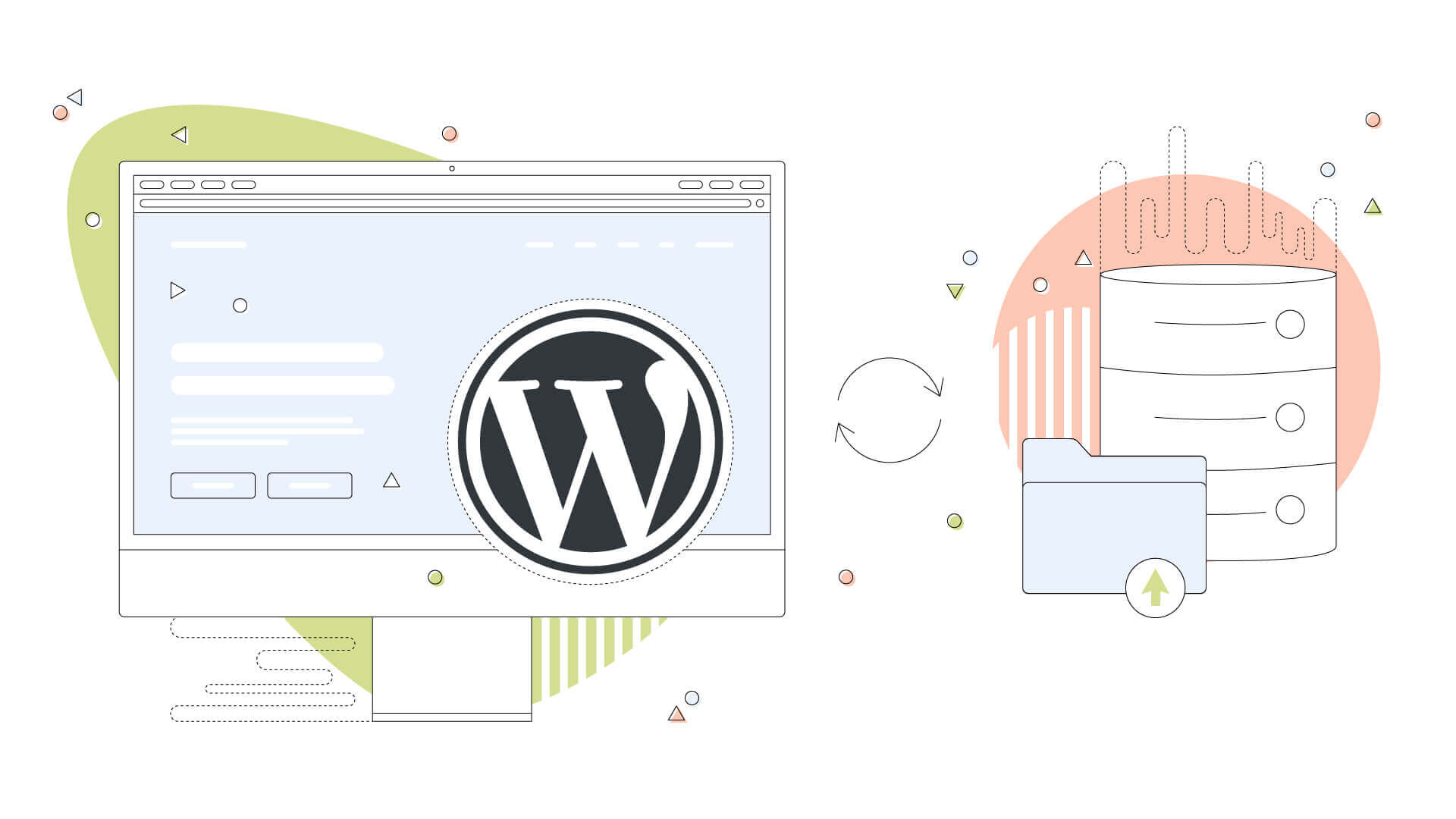Importance of Backups: How to Secure Your WordPress Site
With regard to website owners, data in today’s digital age is priceless. To any WordPress blogger, losing your website content due to technical failures, cyberattacks, or user errors is very paramount. A good backup strategy will ensure that your site remains safe and intact. We look at the importance of backups and how you can make sure security is guaranteed for your WordPress site.
Knowing the Risks
Some threats to a WordPress site include malware infections, conflict between plugins or themes, crashes of the server, and accidental deletion. Each of these can potentially cause data loss, disruption in services, and damage to reputation. In statistical figures, this means that almost 30,000 sites are hacked daily, explaining why a proactive approach would be required towards a backup strategy. With all the aforementioned risks, one would understand the importance of frequent WordPress backups as a safety net.
Why Regular Backups Matter
Regular backups are the means of securing your data from loss. They make it possible to revert back to a formerly successful state for a website, which reduces downtime and also retains user trust. Imagine losing weeks or months of effort over one incident. Imagine what this does to bloggers and business owners it can give you the urge to pull your hair out in desperation. It’s also useful in case you don’t want the effects of updates or changes that can harm your site. You can freely experiment with such changes if you have a backup as you can fall back on a working version .
Types of Backups
There are generally two types of backups: full and incremental. A full backup would then encompass all data found on your site, covering your files, databases, and configurations. Such backups are quite comprehensive but tend to take a little more time to run and require a bigger storage facility. Incremental backup is different in that it only saves the changes since the last run of the backup in question, thus making it faster and better on the usage of storage. The technique you choose will depend on how active and large your site is. You can use just one method, or a combination of both depends on what you require to get the right job done.
Selecting a Backup Solution
The choice of the right backup solution will be crucial in an effective protective mechanism of data. WordPress plugins have made the process of backing up quite easy and less time-consuming; features abound in this category such as scheduling and integration to the cloud or auto-back-ups. Some of the popular versions are UpdraftPlus, BackupBuddy, and Jetpack. All of these features provide flexibility in both manual and auto types of back-ups.
Scheduling a Backup
Backup should be consistent. Schedule a backup frequency that meets your content input schedule. That means that it could probably be daily for high-traffic sites which update frequently. For a very low active site, probably once a week or month would be sufficient to back up. You ought to keep testing your backup files regularly to be sure they are not partial or corrupted. This helps in confirming that your backups are indeed sound as well as educating you about the restoration process in case a restoration is actually required.
Secure Backups
While creating backups is important, it is equally important to have them in diverse places. It is not a good idea to rely solely on your web host for backup purposes. You should instead have multiple backup copies in different places. For example, you can use a cloud storage service such as Google Drive, Dropbox, or Amazon S3. This ensures that your information is usable in case one of your storage mediums fails.
In summary, taking a WordPress backup is the first step toward not losing data. Understanding risks and the most accurate solutions in a backup, anyone can come up with a schedule to regularly keep work safe and functionally available. Prioritizing backups is, indeed, a boost to face uncertainty with confidence in the digital landscape, knowing that your data is safe and recoverable. Don’t wait for it to be too late; act now for securing your WordPress blog.
